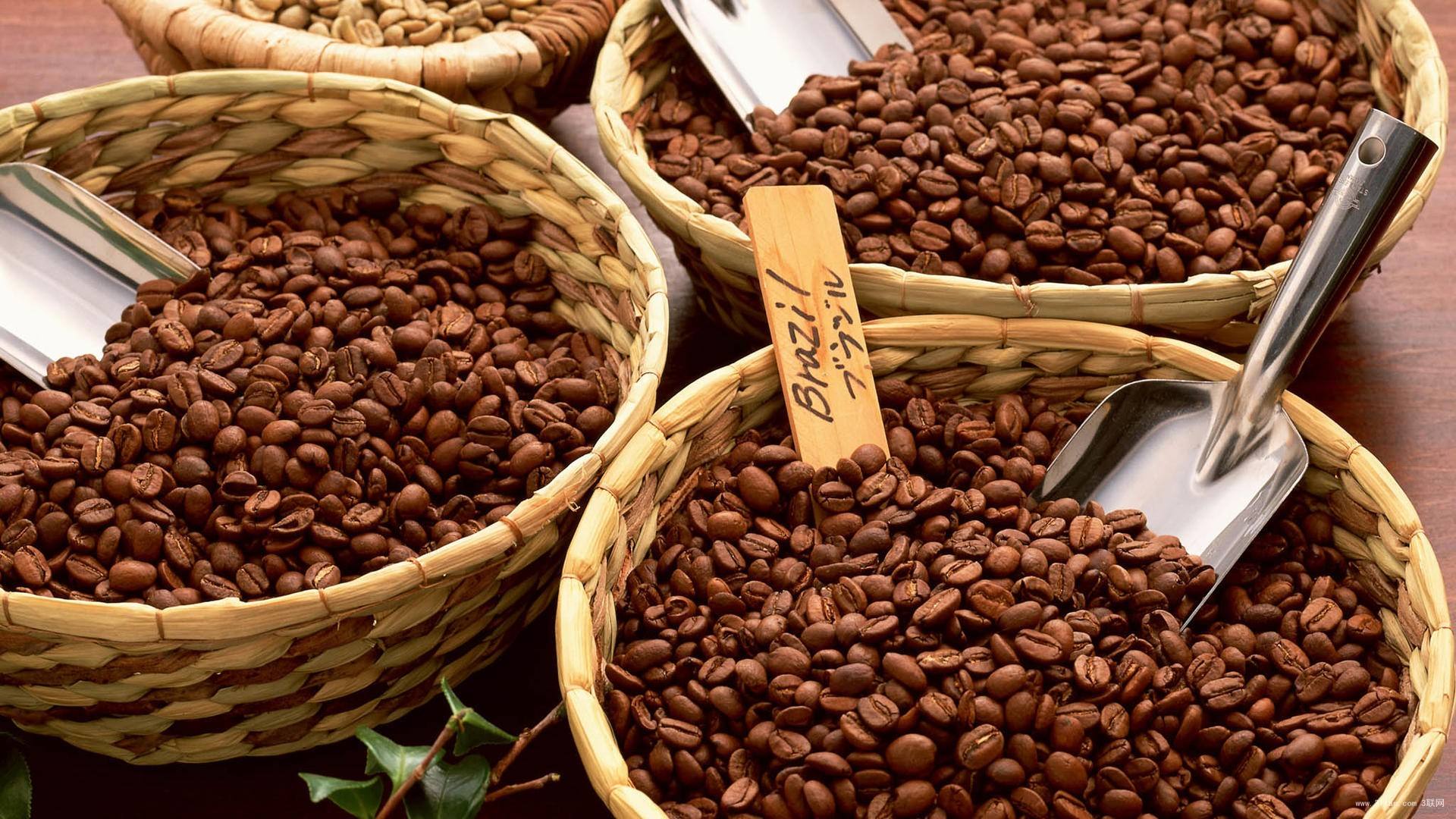What are the health values of caffeine?
Follow the caf é (Wechat official account vdailycom) and found that Beautiful Cafe opened a small shop of its own.
Caffeine has at least the following health benefits:
One is to promote the heartbeat and speed up the circulation. It is equivalent to slow growth or fast walking, which can speed up the circulation of our blood and body fluids, which can not only promote the excretion of metabolites in the body, but also remove edema, reduce fat and achieve slimming effect. Because of its powerful anti-edema and firming effect, caffeine is widely added to face creams with slimming effect, eye creams with pouch removal effect, and body creams with slimming effect. There are even cosmetics companies abroad that offer products such as lipstick, pressed powder and perfume containing caffeine. According to research and development personnel, this cosmetic product containing caffeine can immediately cheer you up after applying it. It can lift your spirits, relieve fatigue, and help release accumulated fat.
Second, refreshing and anti-melancholy. Caffeine can stimulate the central nervous system of the brain, prolong the awake time of the brain, make the mind clear, sharp, and more focused, which can improve the efficiency of work and study. Especially for mild to moderate depression, postpartum depression, drinking the right amount of coffee can cheer people up, feel happy, resist and alleviate depression.
Third, promote digestion. Caffeine stimulates the sympathetic nerve and increases gastric juice secretion. If you drink it in the right amount after a meal, it will help digestion. A new study from the Harvard School of Public Health found that people who drank 2-3 cups of coffee a day were on average 40% less likely to get gallstones than those who never drank them.

Fourth, strengthen short-term and long-term memory to prevent senile dementia. In the past, there have been many studies on the effects of caffeine on short-term memory, but recent studies have shown that it also has a positive effect on long-term memory. Jaclyn London, a senior dietitian at Mount Sinai Hospital in New York, found in a comparative study that "caffeine intake of about 300-400mg a day can prevent cognitive decline and Alzheimer's disease." At the same time, she also pointed out that "getting enough sleep is also important to prevent Alzheimer's, so if you are allergic to caffeine, you can make up for it by getting enough sleep."
The fifth is to relieve pain. When caffeine is used as a drug, it can enhance the effect of some painkillers.
The sixth is to enhance physical agility. Caffeine also helps to reduce the threshold of exercise, increase the agility of the body, and enable athletes to create better results.
Control of caffeine
The people's Republic of China lists caffeine as a "psychotropic substance". According to Article 347 of the Criminal Law of the people's Republic of China, illegal smuggling, trafficking, transportation and manufacture of caffeine, regardless of quantity, is a criminal offence. According to Article 347 of the Criminal Law and the interpretation of the Supreme people's Court, the maximum penalty for those involved in "large quantities" (more than 200 kg of caffeine) is the death penalty, while those involved in "large quantities" (more than 50 kg of caffeine but less than 200 kg of caffeine) are sentenced to fixed-term imprisonment of more than 7 years. Article 348 of the Criminal Code lists illegal possession of "large" or "large" caffeine as an offence punishable by imprisonment.
The caffeine content varies greatly from cup to cup.
Caffeine content varies greatly with different coffee varieties, roasting degrees and production methods. Relatively speaking, the common varieties of Robosta beans have higher caffeine content; lightly roasted beans contain more caffeine than roasted beans; while espresso actually contains less caffeine, in terms of the way it is made, on the contrary, slow-extracted ice drop coffee has a relatively high caffeine content.
Caffeine is not just in coffee.
Tea, chocolate and Parana are also important sources. In the food industry, caffeine is added to many foods, such as cola, iced tea and other drinks. Some drugs used for treatment also contain caffeine, such as cold medicine. If the drinker has heart disease such as tachycardia or high blood pressure, consult a medical practitioner before taking any drug containing caffeine.
Coffee has become the most common drink that has become more and more integrated into modern life, and no matter how deeply people misunderstand it, it is believed that it is ultimately the result of scientific research that makes people believe. Many of the latest studies over the past decade have shown that caffeine is not as harmful to the body as it used to be. In fact, we know that there is much more than caffeine in a cup of coffee, and the health benefits of chlorogenic acid in coffee can almost ignore the panic caused by caffeine.
Of course, the metabolism of caffeine is related to a person's genes, health status, living habits, and so on. If psychological factors are excluded after drinking coffee, when clinical symptoms such as rapid heartbeat, insomnia and rising blood pressure really occur, it means that the body's intake of caffeine has reached a critical point and needs to stop.
Important Notice :
前街咖啡 FrontStreet Coffee has moved to new addredd:
FrontStreet Coffee Address: 315,Donghua East Road,GuangZhou
Tel:020 38364473
- Prev

Read an article to understand China's "coffee" ecology
China has been drinking tea and coffee as an imported product since ancient times, and it really came to the fore in 1997, when the carving time opened its first shop on Chengfu Street between the east gate of Peking University and the west gate of Tsinghua University. The location of the shop says it all: at that time, people's concept of coffee shop was still chaotic: China did not have coffee culture, but only coffee shop culture, so about
- Next

What substances do the astringency in coffee come from?
Pay attention to the coffee comment (Weixin Official Accounts vdailycom ) and find out that the astringency in the coffee in the beautiful cafe opens its own small shop is due to those substances? The astringency of coffee mainly comes from the degradation of chlorogenic acid into Decaffeoylquinic acid during roasting. In addition, a small amount of tartaric acid contained in coffee also
Related
- Beginners will see the "Coffee pull flower" guide!
- What is the difference between ice blog purified milk and ordinary milk coffee?
- Why is the Philippines the largest producer of crops in Liberia?
- For coffee extraction, should the fine powder be retained?
- How does extracted espresso fill pressed powder? How much strength does it take to press the powder?
- How to make jasmine cold extract coffee? Is the jasmine + latte good?
- Will this little toy really make the coffee taste better? How does Lily Drip affect coffee extraction?
- Will the action of slapping the filter cup also affect coffee extraction?
- What's the difference between powder-to-water ratio and powder-to-liquid ratio?
- What is the Ethiopian local species? What does it have to do with Heirloom native species?

